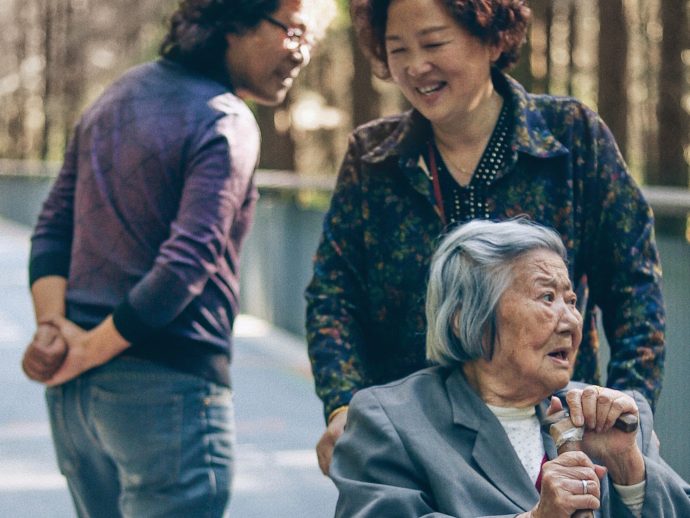
The holidays are a time for joy and celebration; however, there is often stress associated with these events, particularly for older adults, their families, and their caregivers. If that’s you, know that you’re not alone.
Taking the time to make small incremental improvements in diet, exercise, and social connections is an evidence-backed way to improve your resilience to these stressors.
Stress and resilience
The capacity to cope with, or “bounce back,” from stress or adversity is known as “resilience.” Resilience exists both as a stable component of one’s personality, known as trait resilience, but also in more dynamic forms that can increase (or decrease) depending on a variety of factors in one’s life.
Being able to increase one’s capacity to deal with stress is an excellent asset when your plate is particularly full, such as during the holidays.
Studying resilience
Using large-scale epidemiological studies that follow thousands of individuals over many years, it’s possible to identify factors that lead some people (and not others) to be happier and healthier in the face of stressors. For instance, maintaining a healthy weight, being a nonsmoker, and getting higher quality sleep are predictors of greater resilience among aging people who live with multimorbidity (multiple health conditions).
Diet and exercise: Good for mental and physical health
Being physically active and maintaining a healthy diet are associated not only with positive physiological outcomes but also with better mental health outcomes, such as greater resilience.
Even low-intensity exercise forms, such as qigong, have strong supporting evidence for stress reduction. Incorporating small incremental changes in your diet and exercise may pay dividends for your mental health.
Social networks: Quality and quantity
One of the most important resilience fostering resources is social connectedness. An important aspect of social connections is not just having a large group of friends, but also having people who you trust to count on. Recent research found that people who had a greater number of high quality social connections had the highest levels of resilience.
Building up resilience
In dealing with holiday-related stressors, building up your resilience may be a way to not only have a positive impact on your own holiday experience but also help those for whom you’re providing care.
Taking the time to make small incremental improvements in diet, exercise, and social connections is an evidence-backed way to improve your resilience to these stressors. Although you may not be able to control what sorts of stressors you experience, by fostering greater resilience you may be better armed to handle them.
Written by Theodore D. Cosco, PhD (Cantab) CPsychol






